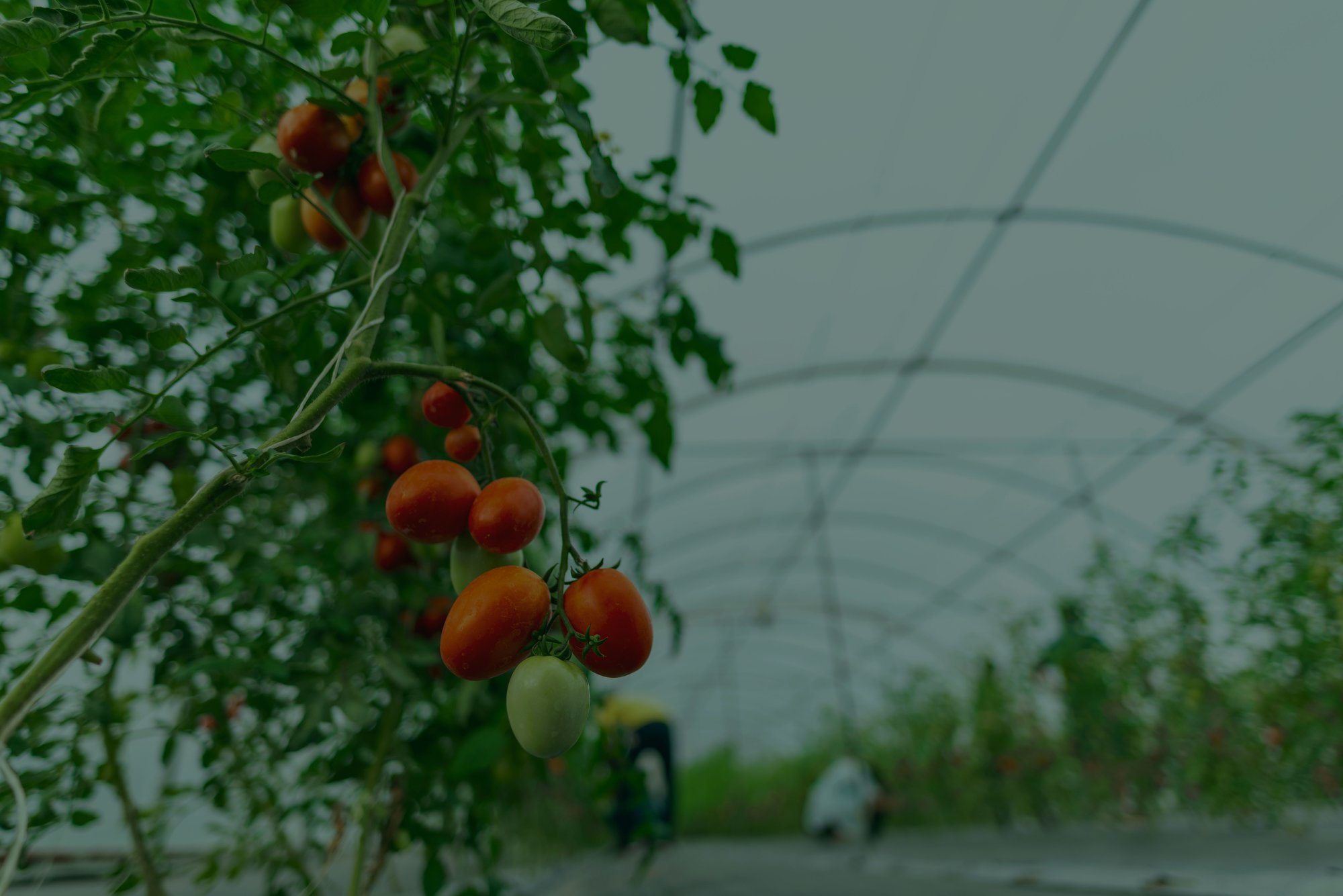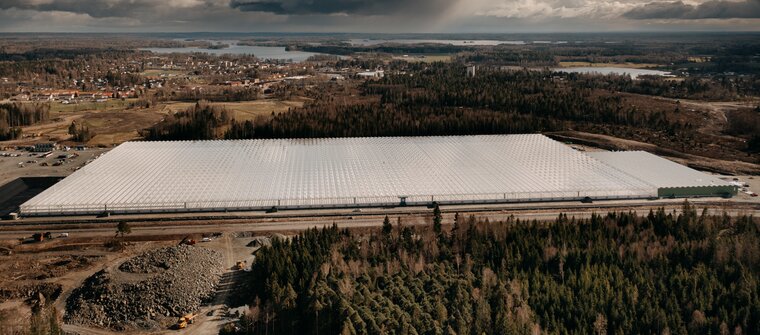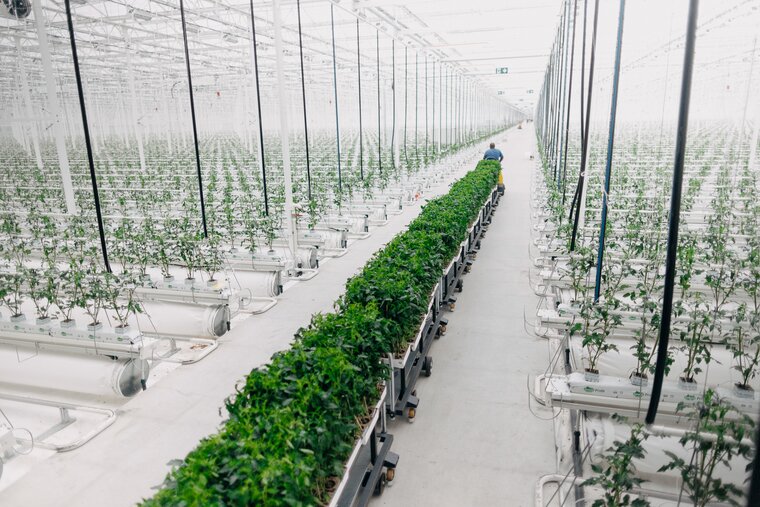
RegEnergy
Newsroom
Selected RegEnergy Frövi: A model for future local communities?
September 4th 2024
An innovative partnership with long-term impact
In constructing the greenhouse in Frövi, the collaboration between the RegEnergy Foundation's project company, RegEnergy Frövi AB, and local public authorities in Sweden has created a model for how partnerships can transform communities.
The collaboration, which began in 2022, has already resulted in over 100 new jobs and significant structural changes that benefit the local economy and society.
A collaboration that goes beyond the transaction
When RegEnergy Frövi acquired a 32-hectare plot of land in 2022 to construct a large greenhouse project to produce tomatoes by recycling industrial waste heat, a collaboration with Region Örebro and Lindesberg Municipality began.
While a normal collaboration ends with the completion of the transaction and takeover of the building site, this collaboration was just the beginning. The project required a long-term plan as it needed to be integrated into the local community on several levels, including infrastructure, education, and housing.
More than just jobs
With the creation of over 100 jobs in a community like Frövi, it quickly became clear that the project would require several structural changes. To attract and retain labor, it was necessary to take into account several factors such as education, housing development, and improved infrastructure.
RegEnergy Frövi AB, led by CEO Ingrid Schuster, therefore took the initiative to establish a comprehensive project plan that not only focused on the company's needs but also on supporting local and national action plans. This initiative was welcomed by the municipality and a task force of relevant stakeholders was established to ensure a coordinated effort. Ingrid Schuster says about the task force's mission:
“The task force analyzed the local conditions. Elements such as demographics, mobility, housing, education needs, and infrastructure were examined to determine how best to attract and retain labor, among other things. For example, the task force found that there was a need for a bus stop at the greenhouse. As a result, work is now underway to create a bus stop to ensure that employees can easily get to and from work every day.”

Recruitment as part of the collaboration with the municipality
The recruitment of employees for the greenhouse was also a key part of the collaboration with the municipality. In January 2024, the first 30 people were hired to complete the greenhouse construction, and it's worth noting that the majority have continued in permanent positions. This successful recruitment process has since led to a further 70 hires at FoodVentures, the operator of the greenhouse.
An example of a recruitment success story in Frövi is the story of an employee who came to Sweden seven years ago and has been unable to find work. Now he is responsible for truck driving and actively contributes to the company's daily operations. His wife has also been hired at the greenhouse and their story is proof of how strategic recruitment can create value for both the company and the local community.
National attention and a model for future collaboration
The successful collaboration between RegEnergy Frövi and Lindesberg municipality has also received attention at a national level. Among other things, this has resulted in the publication of a report from Research Institutes of Sweden AB (RISE) with the title:
INDUSTRIAL SOCIETY 2.0: MODEL FOR INDUSTRIAL AND SOCIAL SYMBIOSIS
The report analyzes the collaboration that has taken place in Frövi and outlines a future framework for collaboration between private companies and public authorities.
The CEO of RegEnergy Frövi AB, Ingrid Schuster, was also invited to participate in a panel debate during Almedalsveckan, Sweden's answer to Folkemødet on Bornholm. The debate, which was titled: Who builds society in the new industrialization, highlighted the broad support and interest that the project has generated.
A new standard for public-private collaboration
The RegEnergy Frövi project exemplifies how collaboration between the public and private sectors can create lasting change in a local community. The project demonstrates that with the right planning and close collaboration, companies can not only deliver on green goals, but also contribute to the UN Sustainable Development Goals by creating local jobs and strengthening communities. This project is not only a success in itself, but also a model for future collaborations in Sweden and internationally.

Selected RegEnergy fund
The purpose of the Selected RegEnergy Fund is to establish, among other things, greenhouses where the utilization of waste products from industrial production is used for sustainable food and biomaterial production.
The project in Frövi is the fund’s first, establishing a 100,000-square-meter greenhouse in Frövi, Sweden. The greenhouse will annually produce 8,000 tons of tomatoes using surplus heat from a nearby factory. The heating of the greenhouse is completely circular, as hot water is circulated through pipes in the greenhouse to heat it, after which the cooled water is returned to the factory.
An investment in the Selected RegEnergy Fund is a long-term investment with an average annual return of over 15%.
Read more about the fund here.


